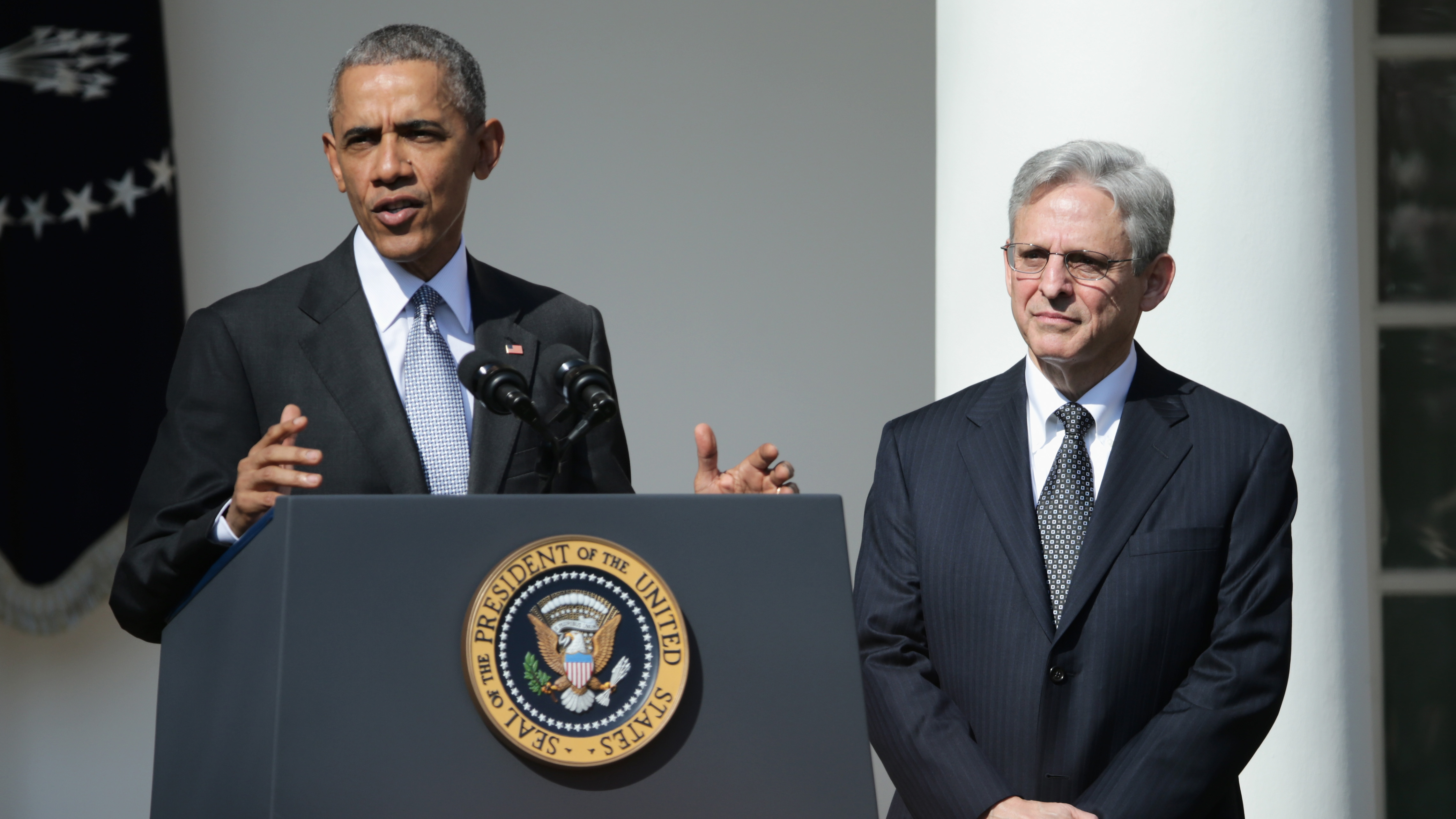
U.S. President Donald Trump (L) introduces 7th U.S. Circuit Court Judge Amy Coney Barrett as his nominee to the Supreme Court in the Rose Garden at the White House, Washington, D.C., September 26, 2020. /Getty
U.S. President Donald Trump (L) introduces 7th U.S. Circuit Court Judge Amy Coney Barrett as his nominee to the Supreme Court in the Rose Garden at the White House, Washington, D.C., September 26, 2020. /Getty
Editor's note: Chris Hawke is a graduate of the Columbia Graduate School of Journalism and a journalist who has reported for over two decades from Beijing, New York, the United Nations, Tokyo, Bangkok, Islamabad and Kabul for AP, UPI and CBS. The article reflects the author's opinions, and not necessarily the views of CGTN.
Social conservatives support Donald Trump – despite the divorces, lies and obvious lack of faith – because he has been a consistent fighter in their corner, at a time they are losing traction in American society.
The belief system of the Christian right has been under attack by the federal courts for some time, in areas such as gay marriage, birth control and most importantly abortion.
This is why the cherished dream of conservatives has been to take control of the Supreme Court.
With Trump's nomination of Amy Coney Barrett, this dream is coming true.
The nomination is controversial, mainly because in 2016, the U.S. Senate refused to consider President Barack Obama's nomination for the Supreme Court.
Senate majority leader Mitch McConnell's Republicans refused to even meet with appointee Merrick Garland, inventing the excuse that in an election year, the new president should get to decide.
In 2020, a similar situation has arisen. But since Republicans control the Senate and the presidency, they are plowing ahead with the nomination, drawing accusations of hypocrisy from Democrats.
Barrett is a practicing Catholic, has seven children, including one with Down syndrome, and has said publicly that she views her legal career "as a means to the end of serving God." She is linked to a controversial religious group called People of Praise.
She graduated at the top of her class at Notre Dame Law School and clerked under the brilliant but homophobic conservative icon Justice Antonin Scalia. In many ways, she is his intellectual heir. She has taken an unusually radical stance in support of overturning precedent in the Supreme Court. All of these things make social conservatives believe she is a perfect candidate to overturn Roe vs. Wade, the 1973 case that gives American women a constitutional right to abortion.
Her nomination has shaken up the presidential race, distracting public attention from the COVID-19 pandemic and the ailing economy and energizing social conservatives.
Trump's decision to try to push through her appointment before the November 3 election is likely to help some senators from deep red states, but hurt senators like Maine's Susan Collins and Alaska's Lisa Murkowski, where the pubic is more skeptical of Trump.
Since the death of Justice Ruth Bader Ginsburg, donors have sent an unprecedented flood of money into Democratic coffers. Republicans are hoping for a similar windfall in the wake of Barrett's nomination.

U.S. President Barack Obama (L) stands with Judge Merrick B. Garland, while nominating him to the U.S. Supreme Court, in the Rose Garden at the White House, Washington, D.C., March 16, 2016. /Getty Images
U.S. President Barack Obama (L) stands with Judge Merrick B. Garland, while nominating him to the U.S. Supreme Court, in the Rose Garden at the White House, Washington, D.C., March 16, 2016. /Getty Images
One important way Barrett could effect the presidential race is in the event of a dispute over voting that makes its way to the Supreme Court, in a repeat of the 2000 election. Trump has been quite explicit that he wants Barrett in place before the election, so she would help rule in his favor.
Democrats need to decide how to respond to this nomination. They could try to drag the nomination process out, a tactic that won't change anything but could draw public attention to Republican's earlier refusal to nominate Garland.
They could refuse to take part in the process in an effort to deny the nomination's legitimacy. This risks damaging the legitimacy of the Supreme Court itself, while accomplishing little. They could go along with nomination, recalling that Franklin Delano Roosevelt gave up on a plan to pack the court in 1937, but ended up appointing eight of the night justices over time.
Some Democrats are calling for packing the court if they win control of the presidency and Senate.
Joe Biden, an institutionalist, has shown no enthusiasm for this plan. He rightly believes that this would further diminish the legitimacy of both the Senate and the Supreme Court, and lead to an endless cycle of reprisals, with each new president adding new judges.
If Biden and the Democrats win the presidency and the Senate chose not to stack the court, they will have done their part to protect the country's institutions.
The Supreme Court would make the next move. Chief Justice John Roberts has gone to great pains to make the court appear neutral and non-partisan. Will the conservatives in the court sabotage these efforts with a series of ideological rulings, perhaps even overturning court precedents like Roe vs. Wade, or trying to dismantle Democratic policy initiatives, like Obamacare?
If so, Biden can respond at that time by packing the court. However, it is quite possible that the court members will behave not like politicians but jurists, and their rulings will not break down along simple partisan lines. This has been the experience of the court in the past.
Democrats should remember that having people with differing ideological points of view on the Supreme Court is not only tolerable, but can lead to better decision making.
Even if liberal's worst fear comes true, and Roe vs. Wade is overturned, this will simply shift the battle over abortion rights from the courts into the public sphere, where arguably it should have been resolved in the first place. Democrats should be tolerant and accept that the world will not end if conservatives control the U.S. Supreme Court. But tolerance is a trait in short supply right now among liberals as well as conservatives.
(If you want to contribute and have specific expertise, please contact us at opinions@cgtn.com.)